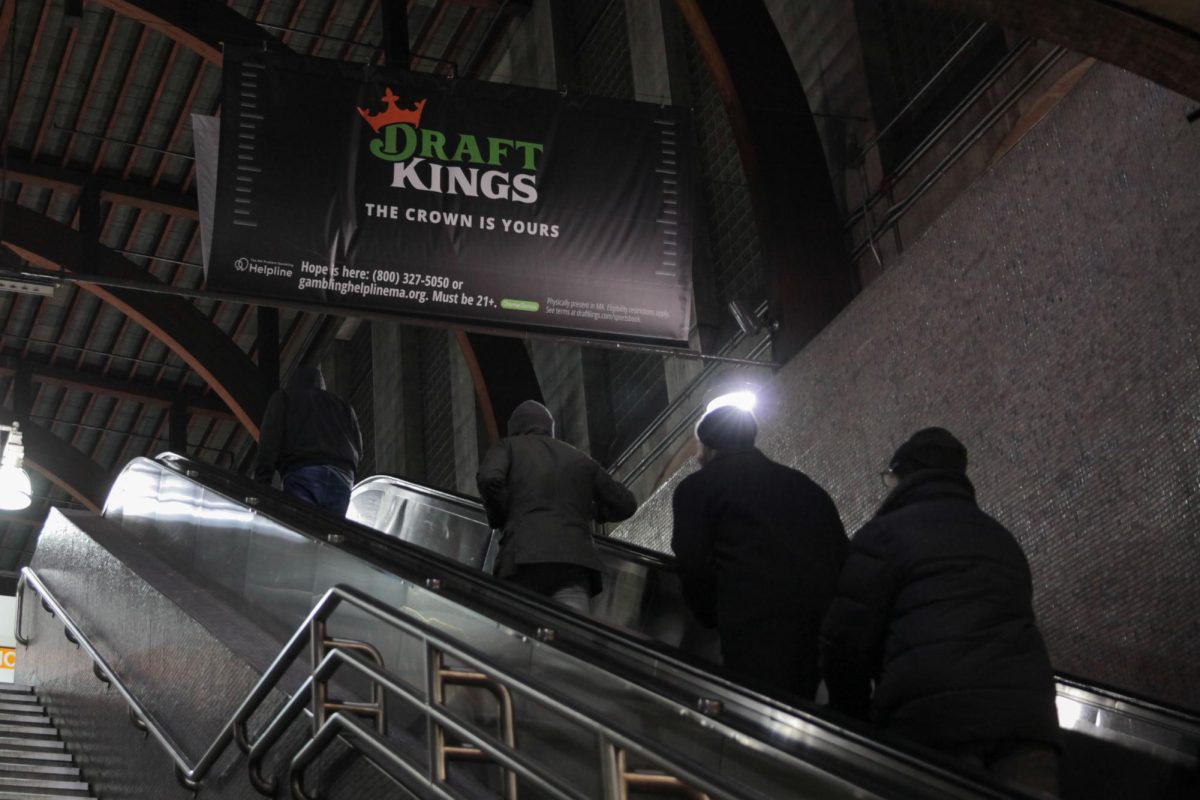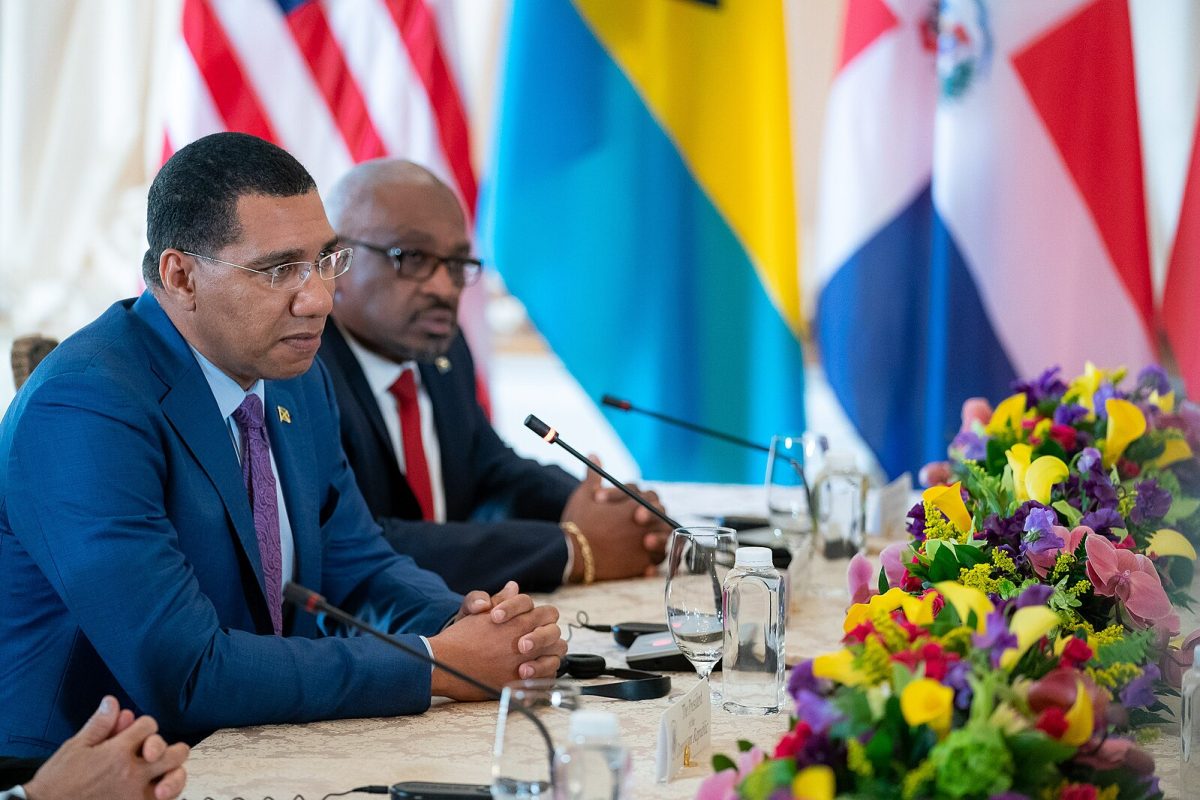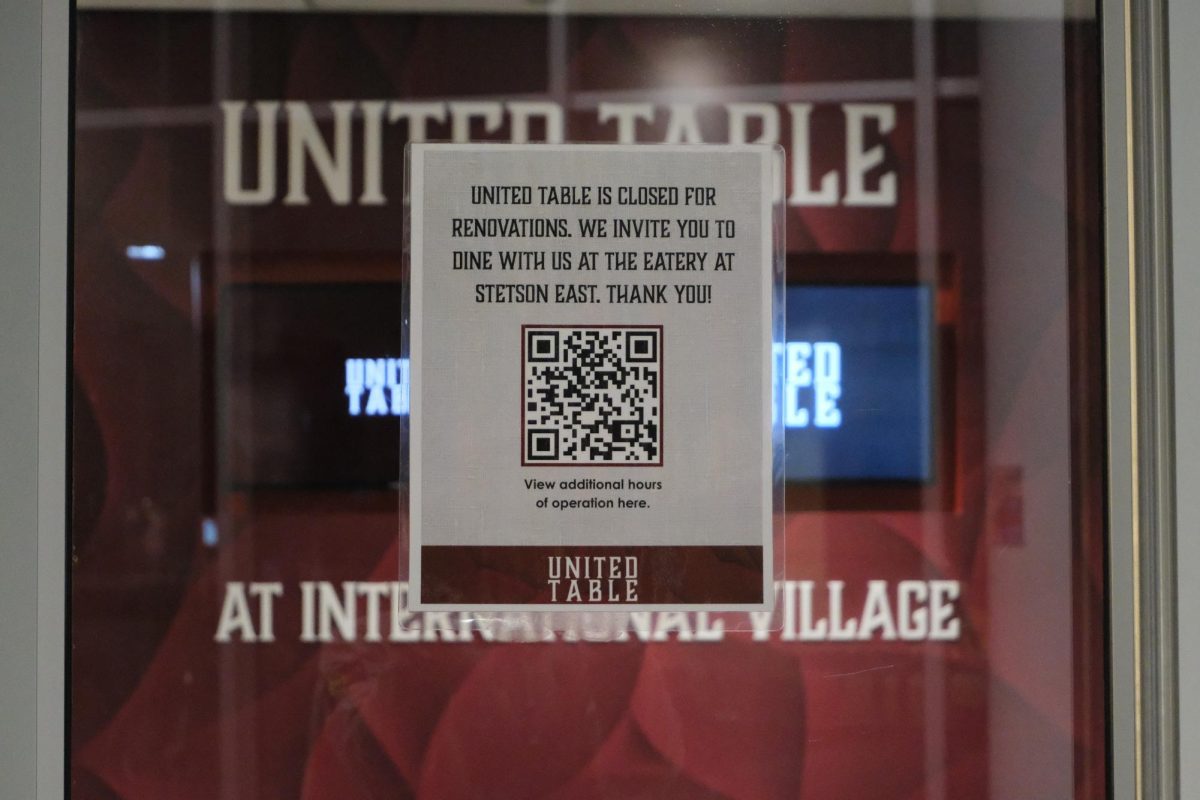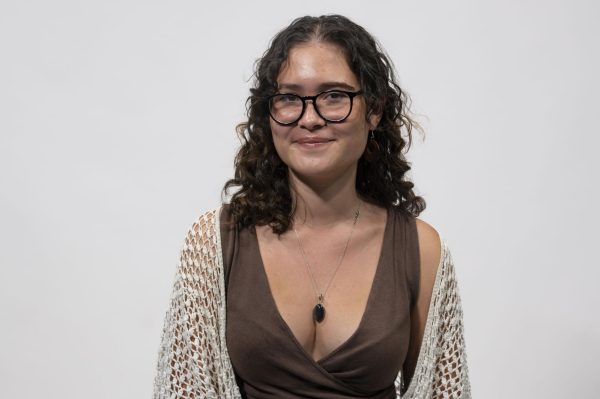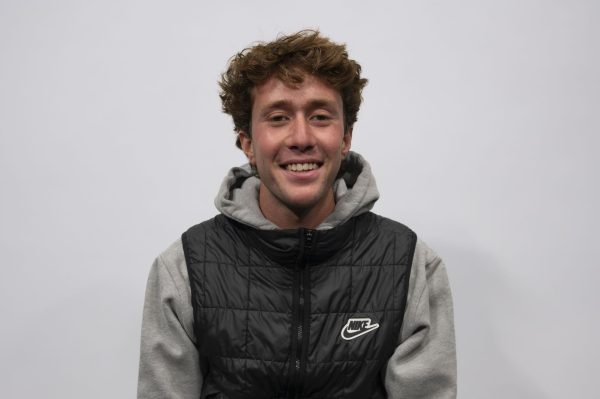On Feb. 9, sports fans across the country will gather on their couches to watch the Kansas City Chiefs and the Philadelphia Eagles face off in the 59th Super Bowl. However, the championship title won’t be the only thing at stake. Americans across the country are expected to legally bet a whopping $1.39 billion on the game, $14 million more than the year prior.
Sports betting is on the rise in the United States, with Americans betting an estimated $150 billion a year on sports, increasing by 23% more than in 2023. While the bets are getting bigger by the year, they have substantially increased among college students. According to the National Collegiate Athletic Association, 58% of college-aged students bet at least once on sports, despite the legal age for gambling being 21 years old in most states. While maximum bet sizes and restrictions vary from platform to platform, on DraftKings, a Boston-based sportsbook, users can place up to $500,000 on a single bet.
In 2023, the steadily increasing bets caught the eye of Northeastern School of Law professor Richard Daynard. Daynard, a seasoned public health advocate who serves as the president of the Public Health Advocacy Institute, is widely recognized for his landmark fights against Big Tobacco in the ’80s and ’90s.
Now, Daynard’s newest focus is sports gambling.
March 10, 2023, marked the first day of legal, mobile sports betting in Massachusetts. Though not a sports fan himself, Daynard recalls how advertising in particular has drastically changed since that day.
“Garbage cans in Boston used to say ‘please deposit your trash here’ and they now say … either DraftKings or FanDuel,” Daynard said.
It wasn’t long before sports betting took off in the state, cementing itself in many Bostonians’ daily routines. For some, sports betting serves as a way to connect with friends.
“I think the social aspect is really big,” said Thomas Dies, a fourth-year business administration and communication studies combined major and former social marketing co-op for DraftKings. “Especially since COVID, people want connection and it’s very easy for sports not only to connect people, but if you hone in on a specific player or hone in on a specific result, to build that camaraderie.”
However, Daynard and the Public Health Advocacy Institute, or PHAI, warn that the sense of camaraderie young sports betters may feel comes at a high cost.
“We had heard about and learned about the potentially addictive nature of gambling in general and figured that certainly applied to sports gambling as well, particularly as it appeals to younger people, particularly young males, and we were concerned about that,” said Mark Gottlieb, executive director of the PHAI, in an interview with The Huntington News.
These concerns led the PHAI to explore the potential risks of this new, more accessible form of gambling, and what they found was troubling. Gambling is the only non-substance-related addictive disorder recognized by the American Psychological Association. A gambling addict experiences an increase in tolerance over time and then the withdrawals that accompany many substance-related addictions.
“People are not in it for the dough; they’re in it for the dopamine,” Daynard said. “They’re in there because they’re getting a reinforcement that they need, similar to being a cigarette addict or any other kind of addict. You develop a need for the regular reinforcements and then you feel really bad if you don’t get it.”
Gambling addictions are also linked to depression, anxiety, increased instances of intimate partner violence and the development of additional substance addictions. According to the Ohio Casino Control Commission, gambling addicts have the highest rate of suicide among all other addiction disorders. Amid mounting concerns, Daynard and his team knew something must be done to mitigate the harms of sports betting.
In 2023, the PHAI filed a class action lawsuit against DraftKings for unfair and deceptive advertising for its promotion of a $1,000 bonus for users who opened an account. The promotion, Daynard explained, wasn’t as straightforward as it seemed. In order to receive the $1,000 bonus, users must first put a deposit of $5,000 or more into their account.
“Then you have to make $20,000 of bets in the next 90 days, then after you’ve done all that, you still don’t get the $1,000,” Daynard said. “What you get is a $1,000 credit toward more betting.”
In August 2024, the Superior Court of Massachusetts struck down DraftKings’ motion to dismiss the lawsuit, and, though met with a mixed response, it made Massachusetts the first of five states to file similar class action lawsuits against the company, including New York, Illinois and Kentucky.
“I think going for an industry like Big Tobacco and going for something like sports betting are two very different ball games,” said Sam Herlihy, a fourth-year business administration major and former content editor co-op for DraftKings. “ I don’t think [the marketing] was really predatory in any way. I felt like [Daynard] may have had just a gripe with sports betting in general and was picking a very small thing to try and latch on to to hurt the company.”
However, it’s not only the PHAI that has expressed alarm about the rise of sports betting. Ethan Kroon, a fifth-year journalism and media and screen studies combined major, is dedicating his capstone project to the rise of online gambling, particularly its connections to capitalism and Western patriarchy.
“Our conceptions of masculinity are really tied to capitalism, and because of that, and because of cultural messaging, we really see gambling as a masculine activity, and that’s reinforced by the ads that have sports stars and masculine figures,” Kroon said.
The PHAI found similar ties between the rise of hyper-masculine messaging and sports betting.
“It’s certainly a challenging cultural environment for young males in these times,” Gottlieb said. “I think there is a lot of toxic masculinity, there’s a lot of detachment, there’s a tremendous political polarization which probably feeds culture wars down to that level as well, but mostly what we have here is an addictive product that is geared to piggyback off of a natural interest in sports and also a competitive rivalry amongst young males.”
DraftKings has a Responsible Gaming, or RG, model in place, which provides players with a number of resources, including the option to set budgets and limits, and provides a link to the National Council on Problem Gambling. The RG team ensures all of the departments are following regulation and abiding by state and federal guidelines, Herlihy said.
“Everything we were doing was intended for the well-being of the consumers first,” Herlihy said. “DraftKings has a huge Responsible Gambling department that would have to approve everything from the disclaimers I would put on posts to the exact verbiage of certain posts.”
Although DraftKings provides these resources, in most cases, the onus is on users to take advantage of them, leaving Daynard skeptical about their effectiveness.
“There’s an old public health diddy about a cliff and people fall off the cliff fairly regularly as they walk along the path there … so the Responsible Gaming model is like providing an ambulance at the bottom of the cliff,” Daynard said. “Is there another approach possible? Maybe perhaps they could build a fence on the side of the cliff so people didn’t fall off.”
Now, Daynard is looking for ways to “build a fence” for sports bettors. Recently, Daynard’s team helped draft the SAFE Bet Act, alongside U.S. Rep. Paul Tonko, D-N.Y. If passed, the act would create clearer guidelines for sports betting companies and introduce an array of restrictions, including a prohibition on advertising sports betting between 8 a.m. and 10 p.m. and promoting “bonus bets” or “odds boosts” that are designed to induce gambling.
To Kroon, the guardrails in place for apps like DraftKings aren’t working. He’s begun to imagine alternative solutions to help prevent gambling addiction.
“I think there’s a level of education that needs to happen where people are educated on gambling in the same way that they are on drugs,” he said, “That messaging just doesn’t exist on the same level for gambling. So I think people don’t really recognize those risks.”
Daynard and his team hope to spread awareness that, at the end of the day, sports betting companies’ primary goal is to profit, and they’re willing to go great lengths to make that happen.
“[Sports betting companies] will take anybody’s money. They’re not picky,” Daynard said. “And, of course, that means a lot of college students, including at Northeastern University, are going to be [sports betting], and a substantial fraction of them are going to be addicted and suffering from serious harms.”



